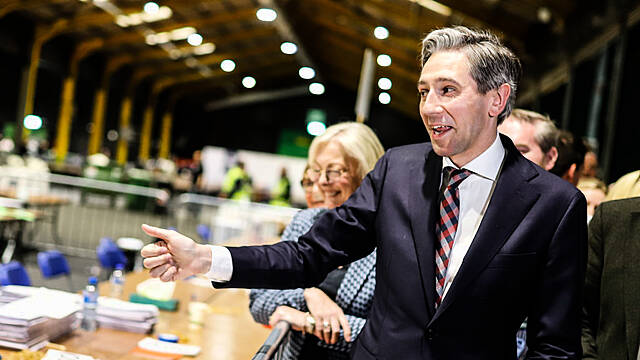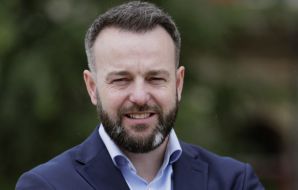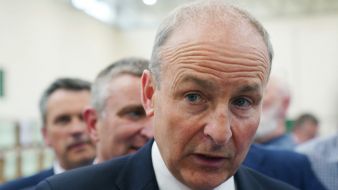Counting will resume in the local and European elections later, with the first winning candidates in the European election poll set to be declared.
While the counting process following Friday’s three votes may still take days to complete, the political ramifications of the results so far have raised major questions for the leaders of the main parties.
Fine Gael, Fianna Fáil and the Greens will undoubtedly be at least considering the option of calling an earlier-than-expected general election after performing better than many pollsters had predicted.
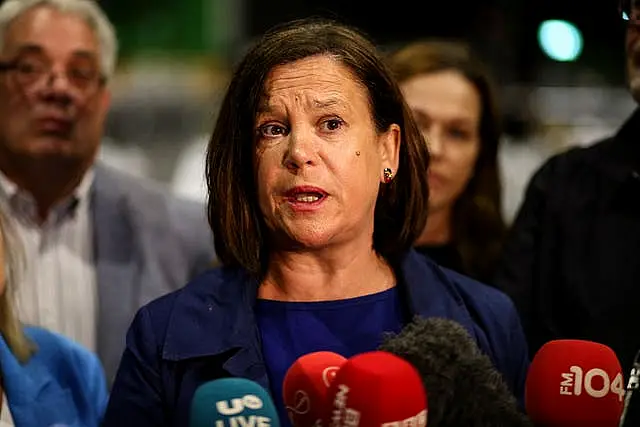
Taoiseach and Fine Gael leader Simon Harris has insisted he has no plans to bring forward the timetable for an election from spring 2025, but he is likely to face intensifying calls from party colleagues to go earlier.
Meanwhile, Sinn Féin has already announced an internal review after a poor performance in the elections.
Some opinion polls last year saw Sinn Féin riding high on 30 per cent-plus support among the electorate, but the party only attracted 12 per cent of first preference votes in Friday’s local government elections.
While that was still up on its showing in the last local council poll in 2019, the result is well short of what the party had hoped.
Fianna Fáil and Fine Gael are set to battle it out for the most seats in the local poll as the counting reaches a conclusion, with both main coalition partners attracting around 23 per cent of first preferences.
Counting in the European election began on Sunday and only one of the three constituencies – Dublin – has completed its first count.
Fianna Fáil’s Barry Andrews, who topped the poll, and Fine Gael’s Regina Doherty are expected to secure two of the four seats in the Dublin constituency.

The outcome of the first count in Ireland South is expected on Monday, with Fine Gael’s Sean Kelly and Fianna Fáil’s Billy Kelleher looking well-placed.
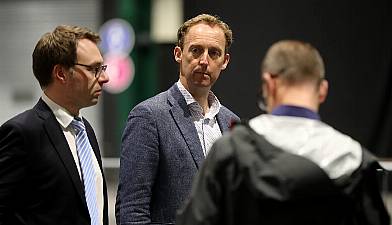
The Midlands-North-West constituency is not anticipated to complete its first count until later in the day, as officials grapple with what is set to be a marathon process of whittling down the 27 candidates vying for five seats.
The third election last Friday saw voters in Limerick given the opportunity to select what will be the State’s first directly elected mayor.
Counting in the Limerick mayoral contest will begin on Monday, with tallies indicating that independent candidate John Moran is in the lead.
